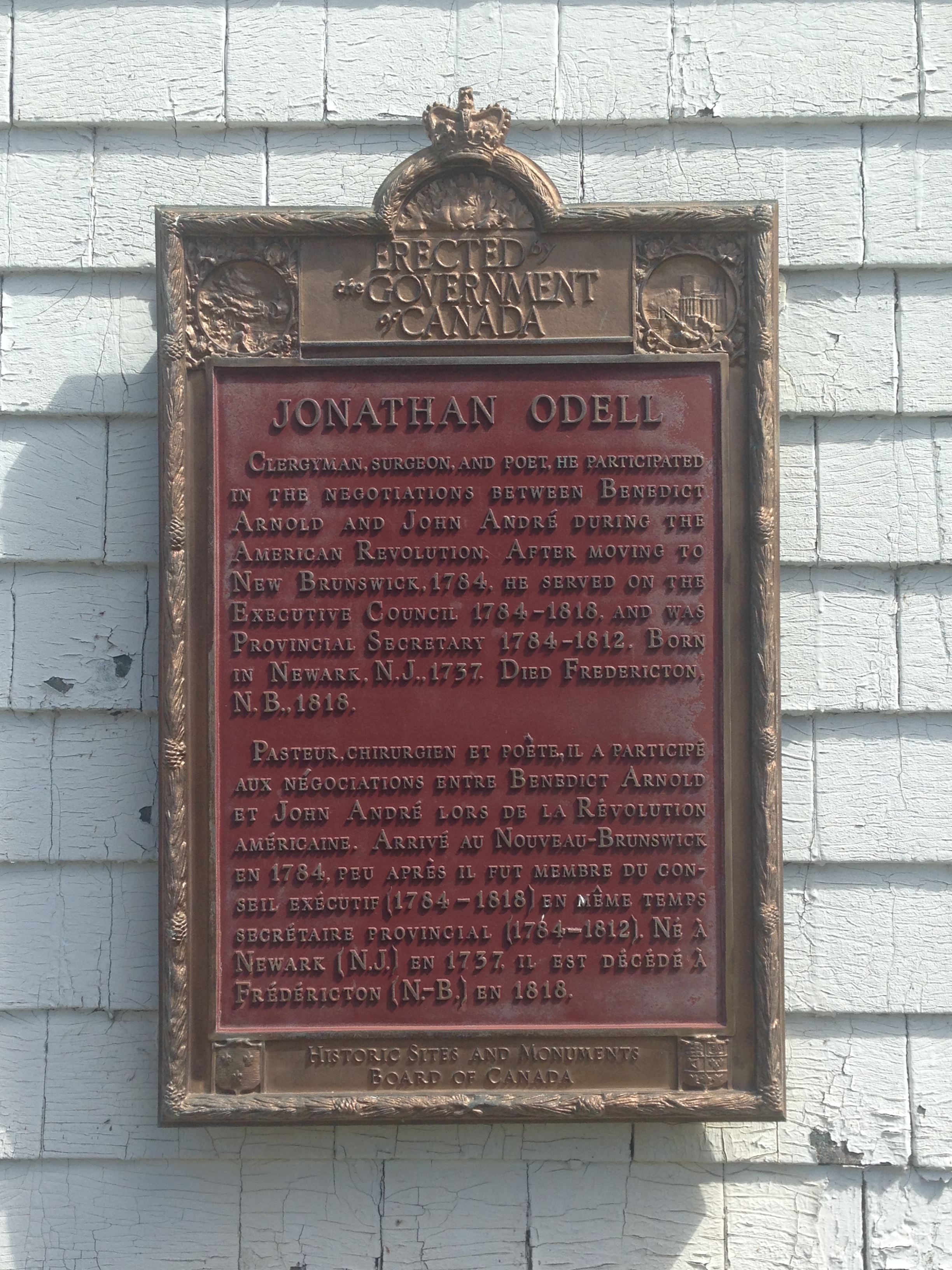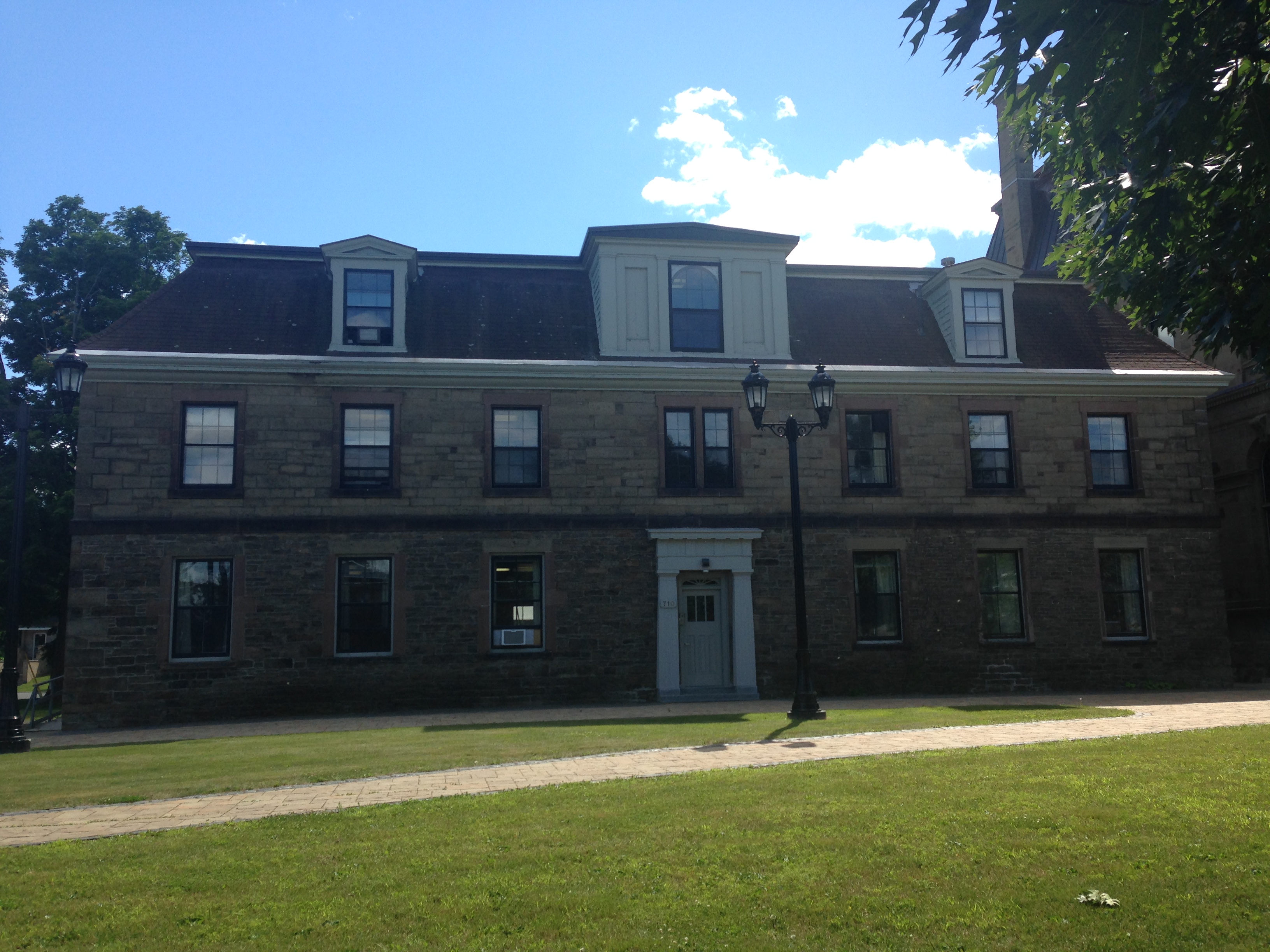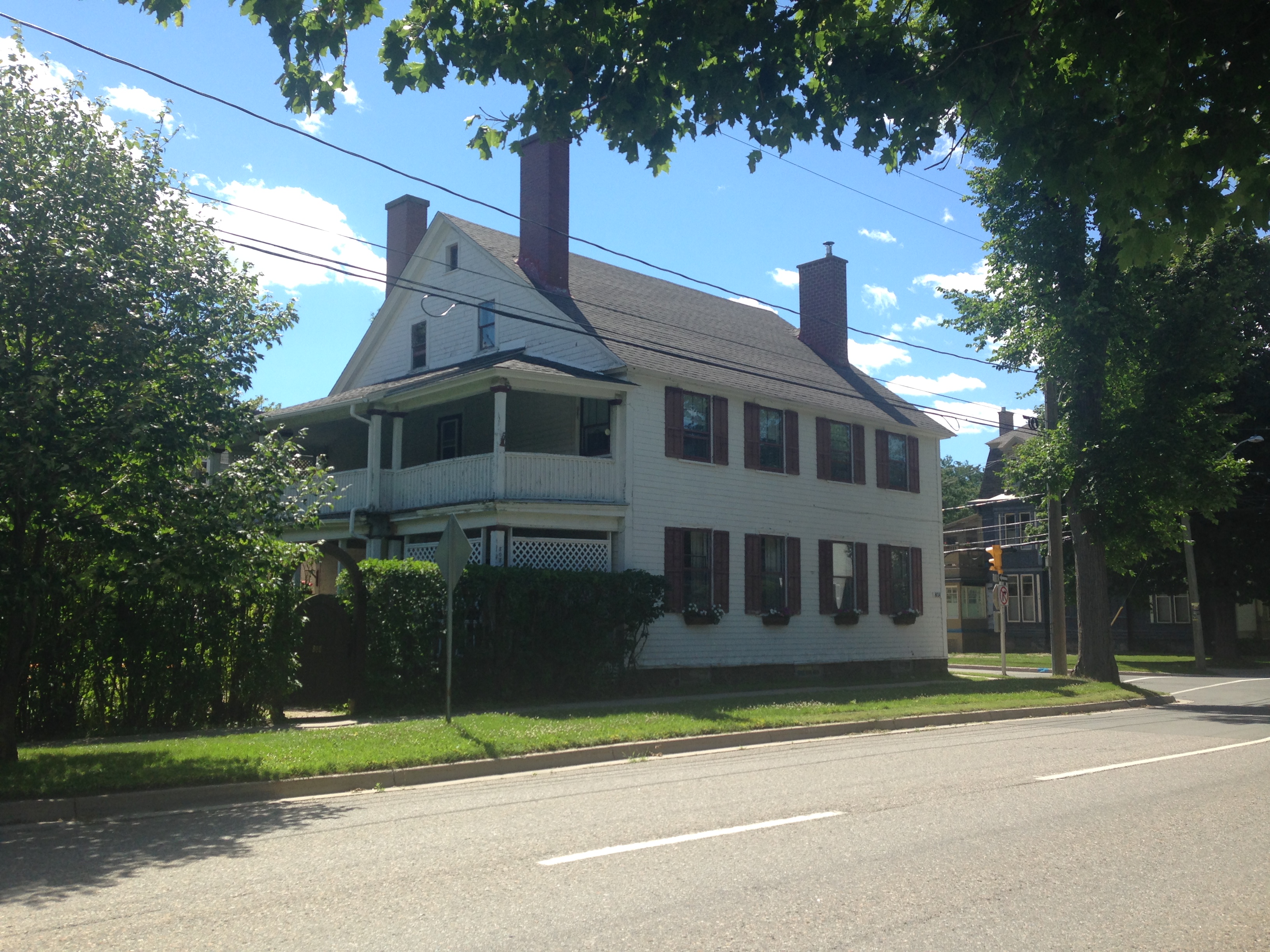- Submitted on
- 0 comments

Jonathan Odell lived a varied life, changing professions and locations many times; but through it all he retained his views on the importance of living a positive and generally peaceful life, while sticking steadfastly to what he believed to be righteous opinions which made him much admired. When it came to his loyalist views, Odell became increasingly outspoken as the American Revolution became more tempestuous; the man who once wished to focus on his role as a clergyman could no longer stay out of the political sphere. The Loyalist Collection at UNB Libraries holds microfilmed copies of the Odell Family Papers (the originals are housed at the New Brunswick Museum Archives) which covers the Odell family beginning with Jonathan and follows his family into the 1900s. These include letters, poetry, and sermons written by Jonathan Odell, as well as various other documents which help to show a vibrant figure.
1. Jonathan Odell graduated from the College of New Jersey (modern day Princeton University) in 1754. He later decided to attend medical school and subsequently served as a surgeon with the British troops in the West Indies.
2. While living and teaching in London, England, Odell decided to take up holy orders and on December 21st, 1766 was ordained a deacon and shortly after on January 9th, 1767 he was ordained a priest. He then returned to New Jersey where he was placed in charge of St. Ann’s Church in Burlington, NJ.
3. In the early days of the Revolution, Odell managed to keep his loyalist sentiments relatively private, choosing to focus on his purpose in the community as a clergyman by promoting peace and goodwill. However, in 1776 an ode which he had written for the King’s birthday was sung by British prisoners held in Burlington and he could no longer hide his true opinions.
“When by foreign Foes dismay’d
Thankless Sons! Ye call’d for aid,
Then we gladly fought and bled,
And your Foes in triumph led!
Ever Sacred be to Mirth
The day that gave our Monarch birth!
Now by Fortune’s blind command,
Captives in your hostile land,
To this lonely Spot we stray,
Here unseen to hail this Day!
Ever sacred be to Mirth
The Day that gave our Monarch birth!”
-Birth-day Ode, Jonathan Odell, 1776
4. On July 20th, 1776, due to his now public loyalist views, the patriots decided to confine him to the eastside of the Delaware River and required that he stay within an 8-mile radius of the Burlington courthouse.

Legislature in Fredericton, New Brunswick. Originally the
building was only a single floor, the other floor was added at
a later date.
5. When rebel troops were raiding Burlington they reportedly had orders to take Odell, dead or alive. Unfortunately for them, Odell was a respected and beloved figure in the community and the people refused to give him up.
6. While living in New York, Odell became involved in the Andre-Arnold affair in which he coded and decoded letters for Benedict Arnold at his home, until 1779, when Arnold became nervous and halted his collusion with the British for some time.
7. In 1784 Odell was appointed the first secretary, registrar, and clerk of council for the newly created province of New Brunswick. Edward Winslow was employed as Henry Edward Fox’s secretary and these positions would have gone to him; however, Fox declined the offer of governor and Winslow had no alternate connections to secure him the positions.
8. Odell was a member of the party who made the trip to St. Anne’s Point (modern day Fredericton) when Colonel Thomas Carleton was attempting to find a suitable capital for the new province.

Fredericton, New Brunswick.
9. Odell was well-known as both a poet and a satirist and had his works published in numerous papers throughout North America.
10. Odell owned one of the largest estates in the Fredericton area, building a home adjacent the glebe property where Christ Church Cathedral stands today.
11. As the strain of his position became too much in his old age, Odell’s son William Franklin Odell took over his position as secretary. Between the two of them, they held the position consecutively for 60 years.
12. His son, William Franklin Odell, owned a farm that was a part of his father’s large estate, known as Rookwood. Today the farm is Odell Park, in keeping with William’s love of the outdoors.

Lilian Taylor works as a research assistant with The Loyalist Collection at the Harriet Irving Library. She holds a BA Hons in Political Science and History and is currently a Juris Doctor candidate.

Add new comment